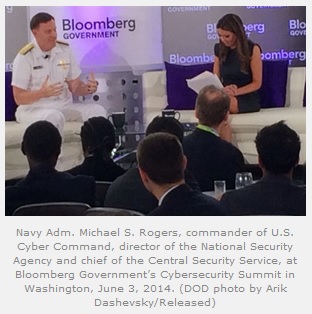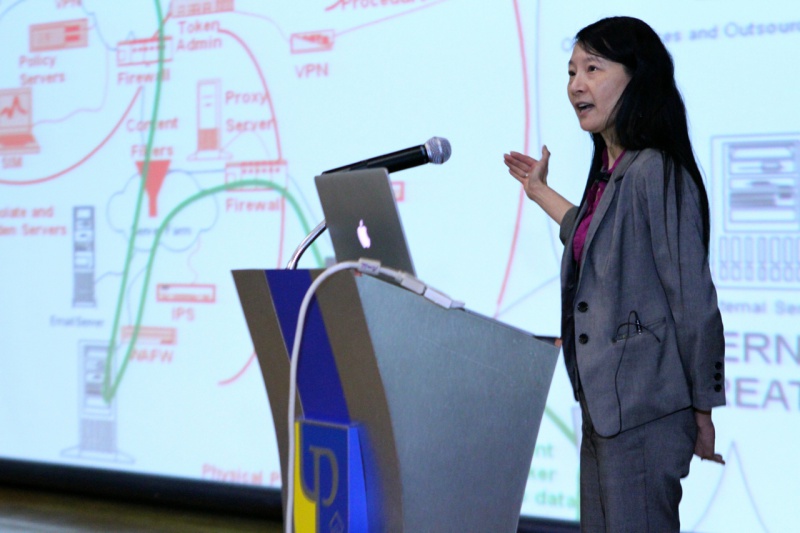The first time the bipartisan Privacy and Civil Liberties Oversight Board dissected a National Security Agency surveillance program, it found fundamental flaws, arguing in a January report that the NSA’s collection of domestic calling records “lacked a viable legal foundation” and should be shut down.
But in its latest study, the five-member board takes the opposite view of a different set of NSA programs revealed last year by former NSA systems administrator Edward Snowden.
The new report, which the board was to vote on Wednesday, found that the NSA’s collection of Internet data within the United States passes constitutional muster and employs “reasonable” safeguards designed to protect the rights of Americans.
The board, whose members were appointed by President Barack Obama, largely endorsed a set of NSA surveillance programs that have provoked worldwide controversy since Snowden disclosed them. However, the board’s report said some aspects of the programs raise privacy concerns meriting new internal intelligence agency safeguards.
Under a provision of the 1978 Foreign Intelligence Surveillance Act known as Section 702, the NSA uses court orders and taps on fiber optic lines to target the data of foreigners living abroad when their emails, web chats, text messages and other communications traverse U.S. telecommunications systems.
Section 702, which was added to the act in 2008, includes the so-called PRISM program, under which the NSA collects foreign intelligence from Google, Facebook, Microsoft, Apple and nearly every other major American technology company.



